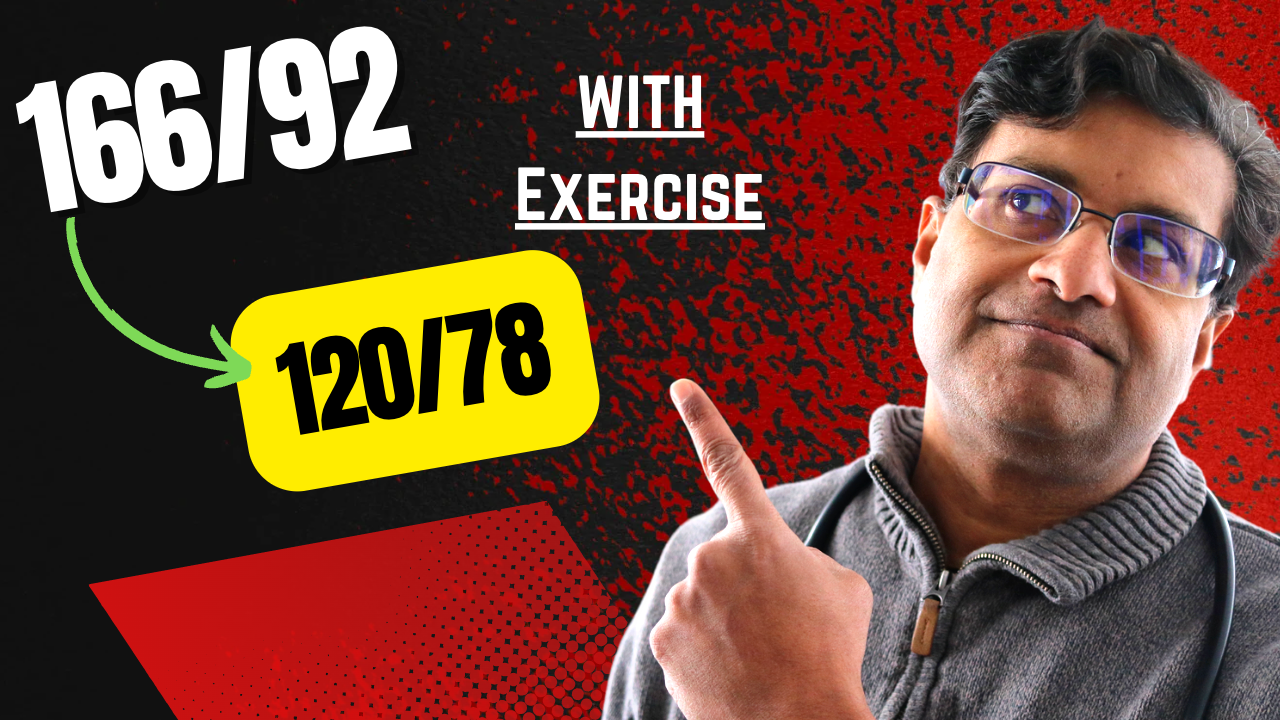What is Ibuprofen?
Ibuprofen — brand name Advil, Motrin, and others — belongs to a class of drugs that are known as non-steroidal anti-inflammatory drugs, or NSAIDs for short.

How does Ibuprofen work?
Ibuprofen helps with pain relief by blocking the production of prostaglandins. Prostaglandins are made at sites of tissue damage or infection that are involved in dealing with illness or injury. They are made as the body’s response to injury.
What are examples of other NSAIDS?
OTC NSAIDs include:
- Ibuprofen
- Aspirin
- Naproxen Sodium
Prescription NSAIDs include:
- Etodolac
- Indomethacin
- Naproxen
- Diclofenac
What are the most serious side effects?
If Ibuprofen is taken regularly and long term or at high doses, there is an increased risk of fatal heart attack or stroke or heart disease such as congestive heart failure. Please do not use NSAIDS before or after heart bypass surgery.
Moreover, Ibuprofen can cause fatal stomach or intestinal bleeding. This can happen suddenly and is especially worrisome in older adults.
What are other side effects of Ibuprofen?
Not a complete list, however, some common ones to know or be aware of are:
- vision changes,(blurred vision)
- shortness of breath
- swelling in your hands or feet, face, or tongue,
- rapid weight gain,
- skin rash that is red or purple with blisters,
- bloody or tarry stools,
- coughing up blood or vomit that looks like coffee grounds,
- GI side effects such as nausea, upper stomach pain
- itching,
- little or no urinating,
- dark urine,
- yellowing of skin or eyes (jaundice),
- rapid heart rate ( anemia)

There are too many side effects to remember. What do I need to ask my Doctor before I take Ibuprofen?
- 1) If you have heart disease such as congestive heart failure, coronary heart disease or ever had a stroke, talk to your doctor if it is safe to take an NSAID. I will emphasize again: NSAIDs can increase the risk of heart attack, heart failure, and stroke if taken regularly.
- 2) However, if you are on low dose Aspirin, this is cardioprotective and you should take it as directed by your prescriber.
- 3) If you stomach gastritis, a stomach ulcer or even a history of bleeding in your GI tract talk to your Doctor whether it is safe to take an NSAID, such as Ibuprofen
- 4) If you have liver cirrhosis, heart failure or kidney disease you should AVOID taking NSAIDs as the medication can exacerbate these diseases
- 5) Talk to your Doctor if you have high blood pressure and want to take an NSAIDs as they can raise your blood pressure
- 6) There are certain disorders that can increase bleeding such as hemophilia. Talk to your health care provider if it safe to take a NSAID.
- 7) Usually if you are scheduled to have surgery, NSAIDS are stopped several days to a week before surgery.
- 8) If you are on other medications which can increase the risk of bleeding such as ASA or Coumadin talk to your provider to see if it is safe to take Ibuprofen.
9) AVOID NSAIDs during the last 3 months of pregnancy. It increases the chance of a premature closure of a fetal vessel. Also, earlier in the pregnancy Ibuprofen increases the chance of miscarriage and malformations

When do I have to immediately stop taking a NSAID such as ibuprofen?
If you have signs of an allergic reaction: swelling of your face, lips, tongue, or throat, wheezing, trouble breathing, hives
If you have signs of a heart attack or stroke: chest pain radiating to your jaw or shoulder.
If you have signs of a stroke sudden numbness or weakness on one side of the body, slurred speech, leg swelling.
- sudden shortness of breath in someone with underlying Asthma
- acute swelling or rapid weight gan
- signs of stomach bleeding–bloody or tarry stools,
- coughing up blood or vomit that looks like coffee grounds;
- Signs of liver problems–nausea, upper stomach pain, itching, tired feeling, flu-like symptoms, loss of appetite, dark urine, clay-colored stools, jaundice (yellowing of the skin or eyes);
- Signs of kidney problems–little or no urinating, painful or difficult urination swelling in your feet or ankles, feeling tired or short of breath;
- Signs low red blood cells count (anemia)-pale skin, feeling light-headed or short of breath, rapid heart rate, trouble concentrating; or
Severe, potentially life-threatening reactions called toxic epidermal necrolysis (TEN) and the Stevens-Johnson syndrome (SJS). Rare but can present with a red or purple skin rash that spreads causing blistering and peeling

How should I take Ibuprofen and at what dose?
The maximum amount of ibuprofen for adults is 800 milligrams per dose or 3200 mg per day (4 maximum doses). Use only the smallest amount of ibuprofen needed to get relief from your pain, swelling, or fever.
It is recommend to take ibuprofen with food or milk to lessen stomach upset.
Can older adults take Ibuprofen (or other NSAIDS)?
I think it is important to consider non-pharmacological approaches (weight reduction, stretching, increasing physical activity and therapy) to help patients who are experiencing musculoskeletal pain. In fact, in my practice the next step would be use Tylenol as needed or scheduled to help with symptom management. NSAIDS, are very rarely used. If a patient still requires a NSAID, GI prophylaxis should be considered in all older patients, especially those with other risk factors. The NSAID should be started at the lowest effective dose for the shortest period of time.( I rarely use it for more than 5 days in older adults.).
Bonus fact:
NSAIDS use may increase the risk of increased potassium particularly in the elderly, especially if they are diabetics or have kidney disease.
Have a good day and Think Your Health.See entire YouTube video here.
Sources:
1)Uptodate.com /Ibuprofen
3) https://www.rxlist.com/ibuprofen






